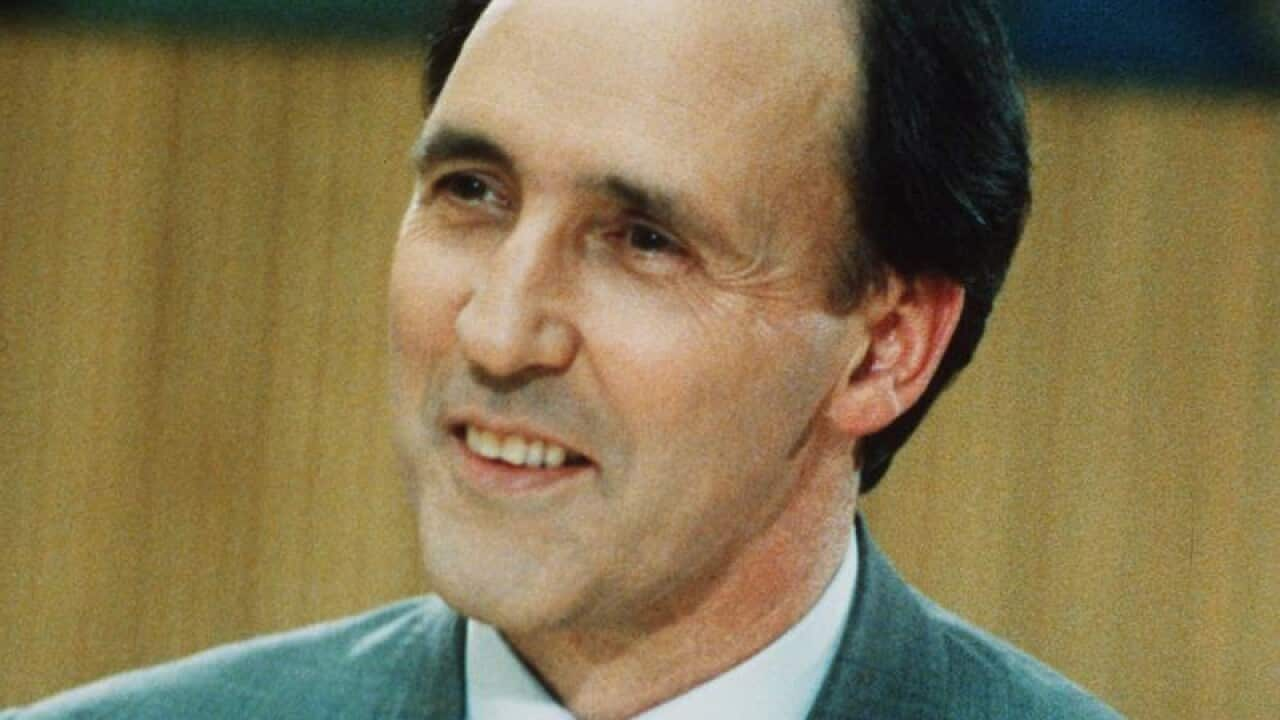The year was 1992, six months after the historic Mabo ruling was handed down, and just months before a federal election when Prime Minister Paul Keating took to the stage in Redfern.
In a small park in the inner-city Sydney suburb, Paul Keating would deliver a speech that would speak straight to the heart of Indigenous Australia.
"We took the traditional lands and smashed the traditional way of life. We brought the diseases. The alcohol. We committed the murders. We took the children from their mothers," he said.
It was the first time any leader acknowledged the impact of European settlement.
"With some noble exceptions, we failed to make the most basic human response and enter into their hearts and minds. We failed to ask, how would I feel if this were done to me?"
It's now become one of the most unforgettable speeches in Australian history.
"It was we who did the dispossessing," the prime minister told the crowd gathered at Redfern Park.
"We practised discrimination and exclusion. It was our ignorance and our prejudice. And our failure to imagine that these things could be done to us."
Australia's first Indigenous federal minister, Ken Wyatt, says Keating's address was one of incredible understanding and compassion.
"When I listen to that speech, I listen to a man who had incredible understanding and compassion in respect to the issues about what had happened to Aboriginal and Torres Strait Islander peoples in Australia, and they were powerful in the sense he acknowledged the true history of this nation, the true impact of that true history. But also what needed to happen to turn around the gaps that existed," he said.
Mr Wyatt goes as far as saying Keating's address equates to the same status as Abraham Lincoln's Gettysburg Address. "Because it was the first time ever that we heard a prime minister acknowledge the truth of this nation," he said.
"Because it was the first time ever that we heard a prime minister acknowledge the truth of this nation," he said.

Source: AAP
"He was prepared to stand up there and make those comments that reflected the way in which the settlement of this nation had impacted on a culture that was 50,000 years old, but at the same time wanting to move forward to a future that was far better then what we had experienced, and that speech will always stand in that ilk because of the nature of what he said."
National Congress of Australia's First Peoples Co-Chair Rod Little remembers how much it meant.
"[It was] an owning up of that bad history of the nation and how the treatment, the exclusion and discrimination of our people was so prominent," he says.
Twenty-five years later, Keating's profound words are still relevant.
In the wake of the death of Aboriginal activist Sol Bellear, the man who introduced Keating that day, commemorations for this year's anniversary were subdued.
In a joint statement, Senators Pat Dodson and Malarndirri McCarthy and Labor MP Linda Burney say the effects of colonisation are still being felt.
"The impacts of colonisation and dispossession are challenges which remain for Indigenous Australians as seen in the continuing gaps in economic, health and social indicators. The gap is still wide."
They say the address was more than an acknowledgement of the failures of the past.
"It was a statement of our national determination to do better in the future. Today Keating's words remind us of our collective responsibility to work towards reconciliation in this country."
Today, the relationship with First Australians and the government have soured since Malcolm Turnbull rejected a key recommendation from the Uluru Statement for an Indigenous voice to parliament.
National Director of Australians for Native Title and Reconciliation, Andrew Meehan, says Australia needs a leader who can take heed of Keating's words.
"The nation is really crying out for a leader who will take the sorts of things talked about in the Redfern Speech, take them forward with first peoples," he told SBS.
While Indigenous incarcerations rates remain significantly higher, life expectancy remains less than non-Indigenous people and the rate of Aboriginal and Torres Strait Islander children in out-of-home care continues to soar, the struggle to live up to Keating's memorable words continues.









